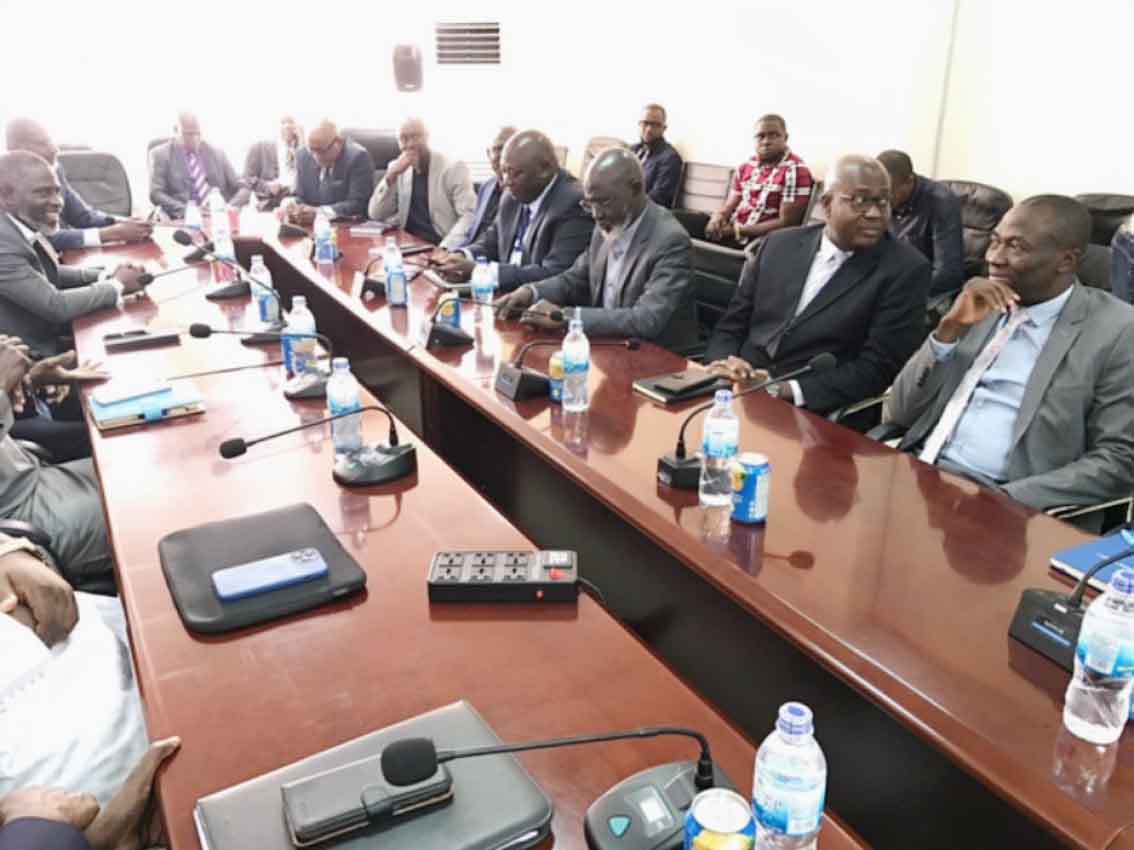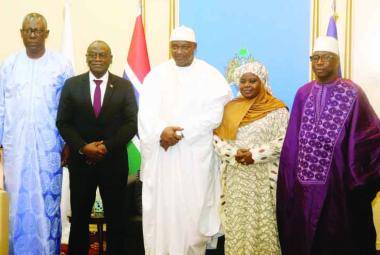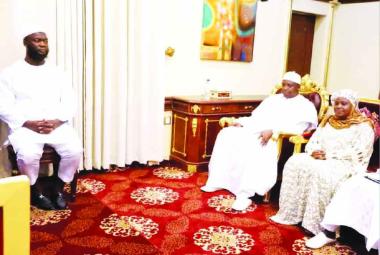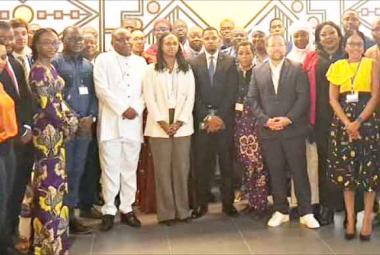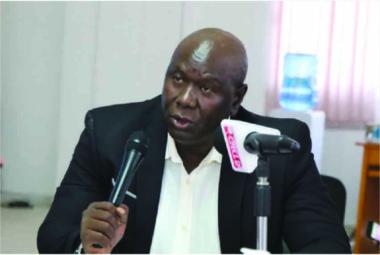By: Awa DK Conteh
The Governor of the Central Bank of The Gambia (CBG) Mr Buah Saidy, during the Bank’s quarterly Monetary Policy Meeting in Banjul, held last week, revealed that the country’s Bank has enough foreign exchange reserves to serve for four months of imports of goods and services. “The Central Bank continues to be contented with the level of its foreign exchange reserves, [which] totals US$389.1 million as of the end of September 2023, which is sufficient to cover over four months of prospective imports of goods and services,” he stated.
On the strength of the Dalasi, the Governor informed that it continues to be relatively stable against major currencies, despite the challenges of global environment. However, he admitted that owing to excessive demand for foreign currencies to finance the rising import bills, the Dalasi depreciated against three major trading currencies. “From June to September 2023, it depreciated by 2.7 percent, 2.3 percent, and 0.1 percent against the US dollar, Euro, and CFA, respectively, but appreciated by 1.5 percent against the British Pound Sterling,” he revealed.
On debts, Mr Saidy reported that the domestic debt stock grew by 4.7 percent to stand at D42.8 billion, accounting for 29.0 percent of GDP, from December 2022 to October 2023. “Of the total domestic debt stock, short-term debt accounted for 49.8 percent in comparison, medium to long-term debt constituted 50.2 percent”, he noted.
Moreover, he reported that data shows that yields on short-term government securities are declining, revising the rising trend observed since the beginning of the year. He went on to explain that, the fall in interest rates is in response to increased liquidity in the banking system. The weighted average yield on short-term government securities dropped from 12.0 percent in August 2023 to 5.4 percent in October 2023.
On the positive note of the performance of the economy, the CBG Governor intimated that the Bank’s composite index of economic activity (CIEA) indicates a growth of 6.6 percent in the third quarter of 2023. “The Gambian economy continues its strong recovery path, aided by robust consumer demands, recovery in tourism activities, and buoyant public and private sector investments,” he asserted.
He expressed the committee’s resolve to continue monitoring the cumulative effect of this and past policy actions on inflation and economic activity in determining the next policy direction. He announced that the Central Bank will actively start using open market instruments, including the issuance of CBG bills to manage excess liquidity.

